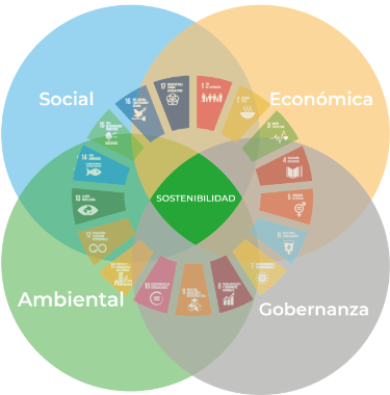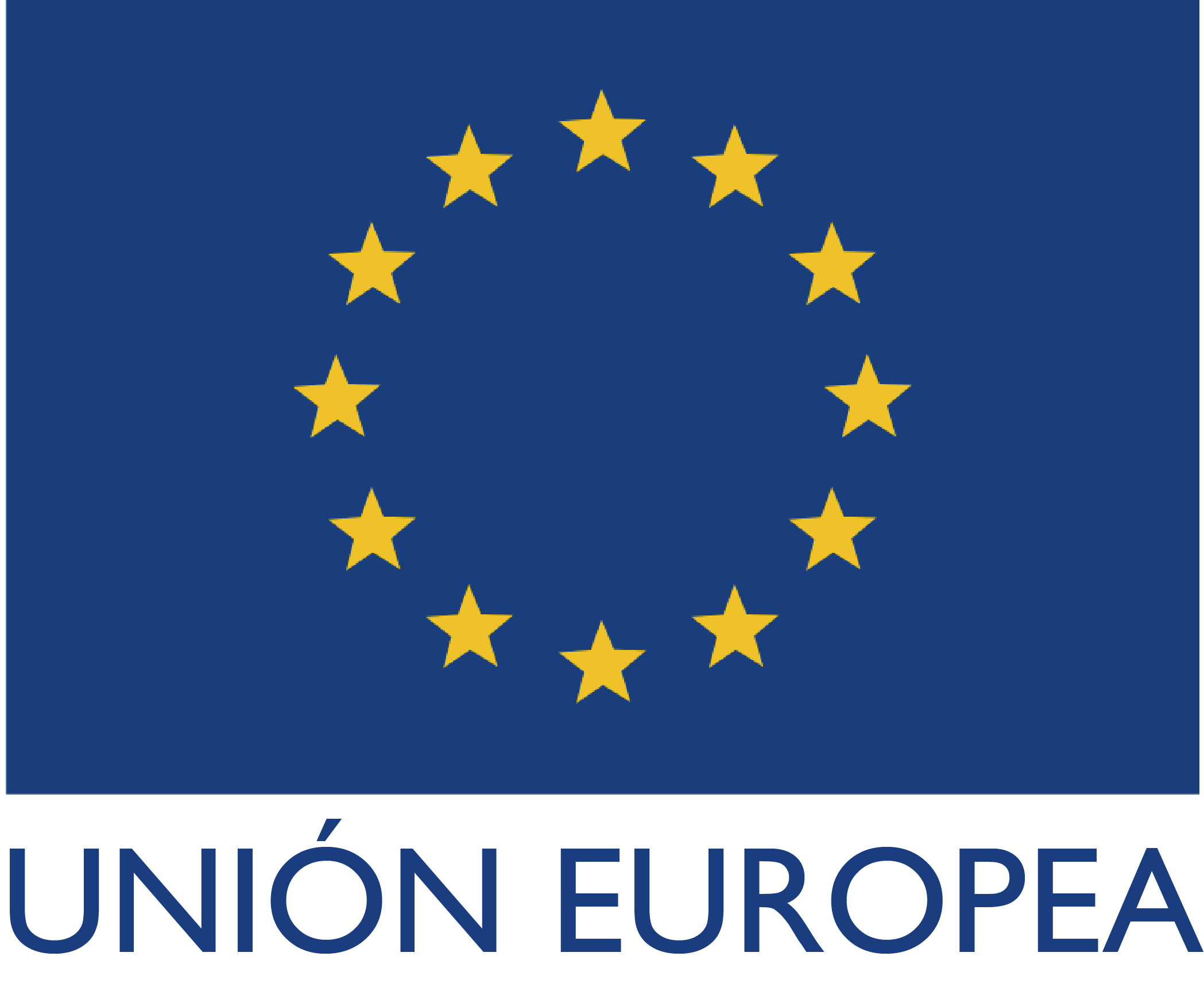Sustainability
Corporate Social Responsibility

Adif and Adif Alta Velocidad Sustainability Policy
In this way, aligning with the five criteria established by the World Business Council for Sustainable Development (WBCSD) and with the challenges set by the Spanish Business Council for Sustainable Development, the Policy establishes the following commitments:
- Achieve net zero greenhouse gas (GHG) emissions by 2050.
- Establish ambitious short- and medium-term environmental goals that contribute to the recovery of nature and biodiversity by 2050.
- Integrate support for the United Nations Guiding Principles on Business and Human Rights by implementing a Human Rights policy and due diligence process.
- Integrate support for inclusion, equality, diversity and the elimination of any form of discrimination.
- Operate with the highest standards of corporate governance and transparency, by disclosing material sustainability information and aligning business risk management with environmental, social and governance-related risks (ESG risks).
To ensure the implementation, development and dissemination of the Adif and Adif AV Sustainability Policy, a Sustainability Committee has been set up. This body will be responsible for ensuring compliance with these commitments, thus strengthening the governance model of both entities in terms of sustainability.
- Ethics model
- Improved transparency
- Fight against fraud
- Risk management
- Non-financial Information Report
- Information on Economic Sustainability
- Access the information.
Forums on Corporate Responsibility and Sustainability.
Environment and Sustainability
The vision, mission and values defined in Adif's 2030 Strategic Plan clearly state that all activities must be carried out with respect for the environment.
Two lines of action
Environmental policy
Environmental reports
Comprehensive environmental management Main areas of action
Governance
Relevant aspects of good governance and transparency:
- Corporate Model of Regulatory Compliance. Since 2009, Adif has had a Code of Ethics and Conduct approved by the Board of Directors, updated together with the rest of the policies and procedures implementing it in 2018 and 2019, taking into account legislative changes and the continuous improvement process of the Model. Access to the Ethics Channel
- Corporate Anti-Fraud Policy. This applies to all members of the Board of Directors, Senior Management and in general, without exception and whatever their position, responsibility, occupation or geographic location, to all Adif employees. Through the Institutional Anti-Fraud Declaration it demonstrates a commitment to maintaining the highest standards in compliance with legal, ethical, and moral norms and adopting the principles of integrity, impartiality, and honesty.
- Comprehensive Risk Management Model. This enables the establishment of appropriate information channels that guarantee adequate communication to promote a culture of proactive risk management in all areas of the company, maintaining consistent risk levels. In the evolution of the corporate model, an analysis of the ESG components is being carried out as part of the review of the Entity's risk map. Adif Comprehensive Risk Management Policy
Management Report (includes the Sustainability Statement)
Management Report (includes the Sustainability Statement)
Given that the CSRD Directive has not yet been transposed into Spanish law, as it is currently under review (Omnibus package), the 2024 Management Report includes the Sustainability Statement in accordance with a hybrid model that meets both the requirements of Law 11/2018 on Non-Financial Information and Diversity, currently in force with regard to sustainability reporting in Spain, and those of the CSRD.
In addition to the CSRD Directive and Law 11/2018 on INF and Diversity already mentioned, this report takes into account:
- The GRI standards (Global Reporting Initiative)
- The Sustainable Development Goals, SDGs, of the United Nations 2030 Agenda
The ultimate goal of the Sustainability Statement is to create value for our stakeholders, based on transparency on ESG issues that go beyond financial matters.
Includes:
- Management Report (including the Sustainability Statement), associated Independent Verification Statement, and Audit Report on the Internal Control System over Financial Reporting (ICFR).
- Executive Summary of the Sustainability Statement
- Previous financial years (2005-2023)
Economic Sustainability
As of 2017, Adif's corporate sustainable information has been included in the Management Report, which is part of the Annual Accounts approved and audited in each financial year; prior to 2017, there was a Sustainability Report that was independent from the Management Report.
The entry into force of Law 11/2018 standardized the type of information to be included in the Non-Financial Information Statement (NFIS), which broadens the knowledge of the evolution and economic performance of the Entity based on the impact on its activity with respect to ESG issues.


